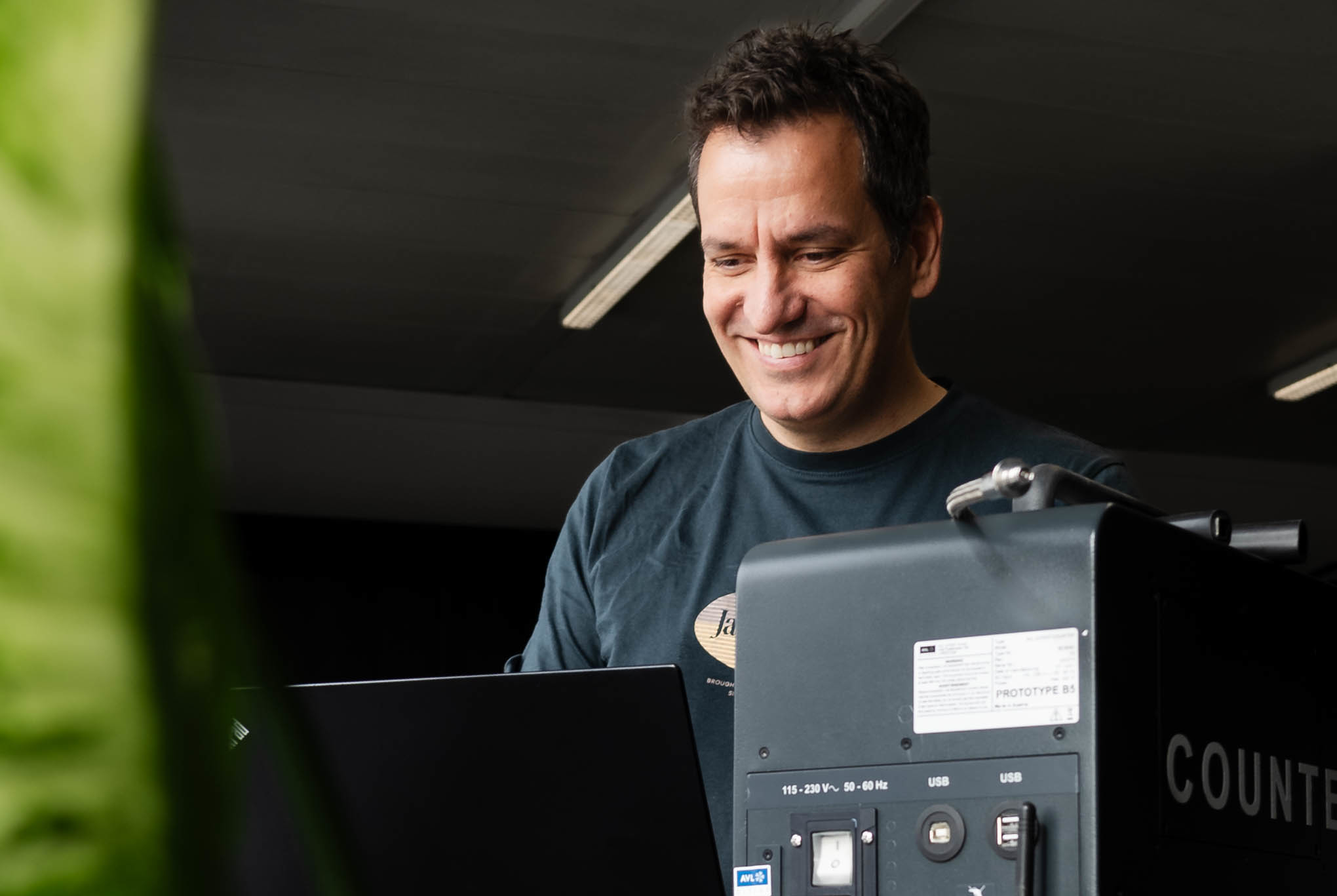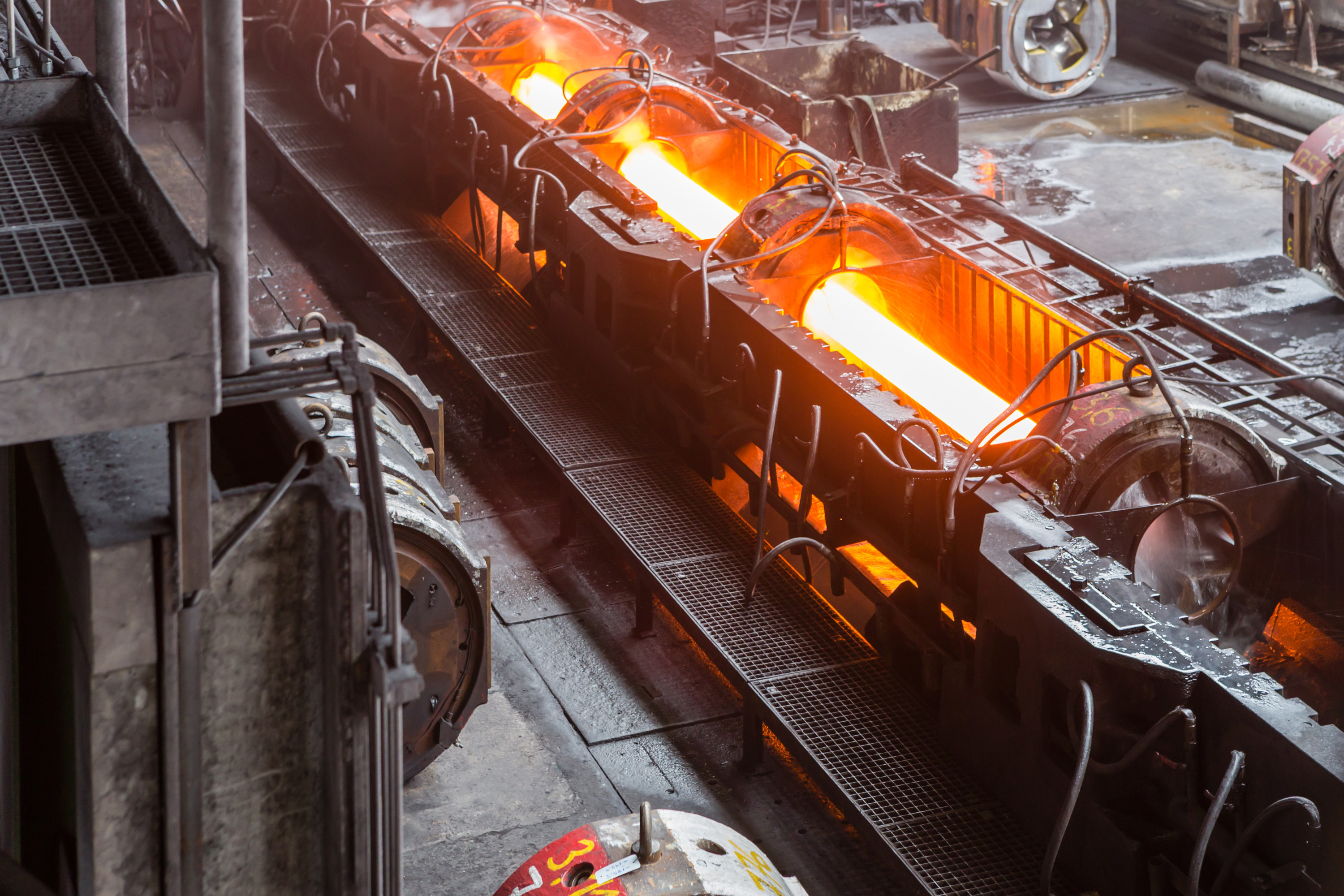JR Centre for Time-Series based Failure Prediction and Prevention
Head of research unit
Commercial Partner
Duration
Thematic Cluster


Failures of machines in industrial process chains can have serious financial consequences. Maintenance work at the optimum time and the detection and prediction of critical production settings can help to prevent such failures. This JR Centre aims to design a comprehensive model for industrial processes based on time series data to predict the occurrence of malfunctions and failures in a timely manner and prevent them with countermeasures.
The question of how often and when machines used in industry should be serviced highlights a fundamental dilemma: If maintenance is carried out at intervals that are too short, so that the equipment does not need it at all, this leads to unnecessary loss of time and additional costs. On the other hand, the longer a functional check of the process-relevant machines is not carried out, the greater the likelihood of malfunctions due to wear and tear, for example. In addition, an unfavourable combination of machine condition and production parameter settings can also become critical. In the worst case scenario, there is a risk of complete failure of the entire process chain, which can be very time-consuming and costly to rectify.
To alleviate this dilemma, the team at this Josef Ressel Centre is developing methods and models to predict future faults based on so-called time series data - consecutive measurements from sensors on the condition of the various machine components. The occurrence of these faults can then be prevented, for example through timely maintenance ("predictive maintenance"). This prevents two risks: Production downtime due to technical problems and unnoticed faulty products due to defective production equipment.
A particular challenge of this project is that the data obtained from sensors on the status of the machines is often "unlabelled": This means that the time series data measured in the past is not linked to past failures and their underlying technical causes. A three-phase research plan was therefore designed to maximise the knowledge gained: In phase 1, machine learning will be used to establish a link between the data and the technical causes. In phase 2, fault prediction models are developed and in phase 3, the aim is to obtain interpretable declarations for the results of phase 2 based on artificial intelligence and classical statistics. However, the phases do not run in a linear sequence, but are interwoven cyclically due to their interdependencies, which massively increases efficiency and knowledge gain.
The research carried out by the JR Centre team will create the basis for fewer failures, errors and costs, as well as greater safety, efficiency and time savings in industrial process chains.
Christian Doppler Forschungsgesellschaft
Boltzmanngasse 20/1/3 | 1090 Wien | Tel: +43 1 5042205 | Fax: +43 1 5042205-20 | office@cdg.ac.at

